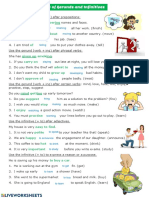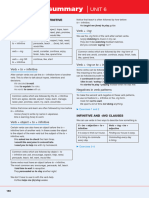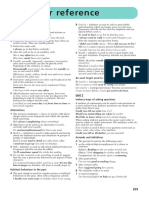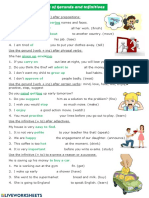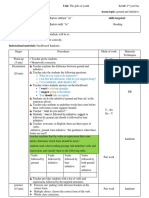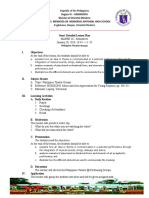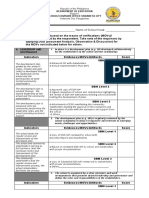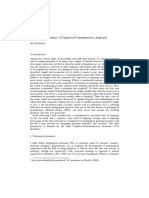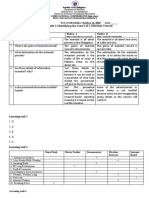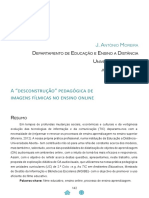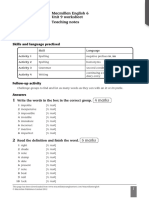100% found this document useful (1 vote)
618 views2 pagesPre-Int Unit 6a
exercises Life 3 NATGO
Uploaded by
Amparo BertenCopyright
© © All Rights Reserved
We take content rights seriously. If you suspect this is your content, claim it here.
Available Formats
Download as PDF, TXT or read online on Scribd
100% found this document useful (1 vote)
618 views2 pagesPre-Int Unit 6a
exercises Life 3 NATGO
Uploaded by
Amparo BertenCopyright
© © All Rights Reserved
We take content rights seriously. If you suspect this is your content, claim it here.
Available Formats
Download as PDF, TXT or read online on Scribd
/ 2











